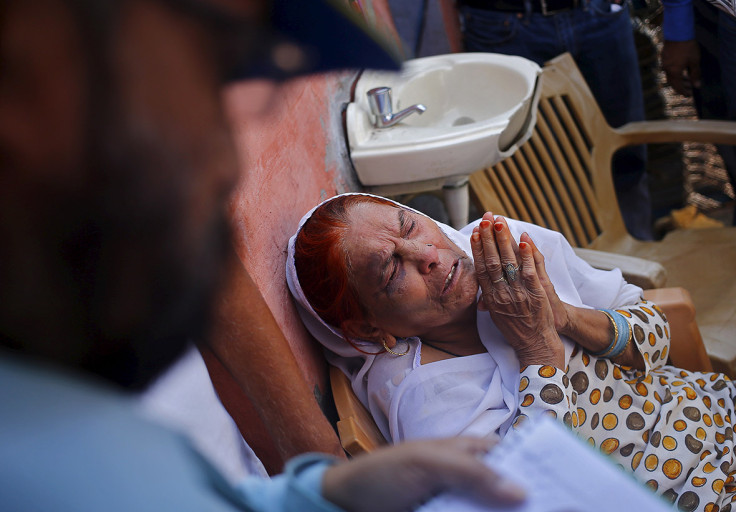India Hindu beef lynching: Muslim victim ate goat meat not beef reveals forensic report

Mohammad Akhlaq, 50, was thrashed and beaten to death by a suspected Hindu mob on 28 September for storing and eating beef, which many Hindus consider impious. The incident, which took place in Dadri village, in Uttar Pradesh, sparked tensions across India and gained worldwide attention. However, forensic tests reveal the meat stored in the house of the Muslim was goat meat.
A senior government official, on condition of anonymity, told the Times Of India: "Had we not sent the meat for a test, the opposition would have alleged that the UP government was hiding facts. We had sent the meat for a test to clear the air."
Both the preliminary assessment and another conclusive test have been carried out in forensic labs to confirm it was not beef. The meat, which was found in Akhlaq's fridge, was collected by the authorities immediately after the attack.
Akhlaq's son was also seriously injured and his family members were harassed by the mob. The family has been claiming they did not consume beef and the group deliberately began to spread rumours in order to attack them.
Hindus, who make up nearly 80% of India's population, consider cows as sacred. Cow slaughter remains a touchy subject in India and beef has also been recently banned in multiple states. Critics of the government often point out that extreme right-wing Hindu groups have been emboldened in the past year after Prime Minister Narendra Modi, a Hindu nationalist, was elected as the country's leader.
© Copyright IBTimes 2024. All rights reserved.






